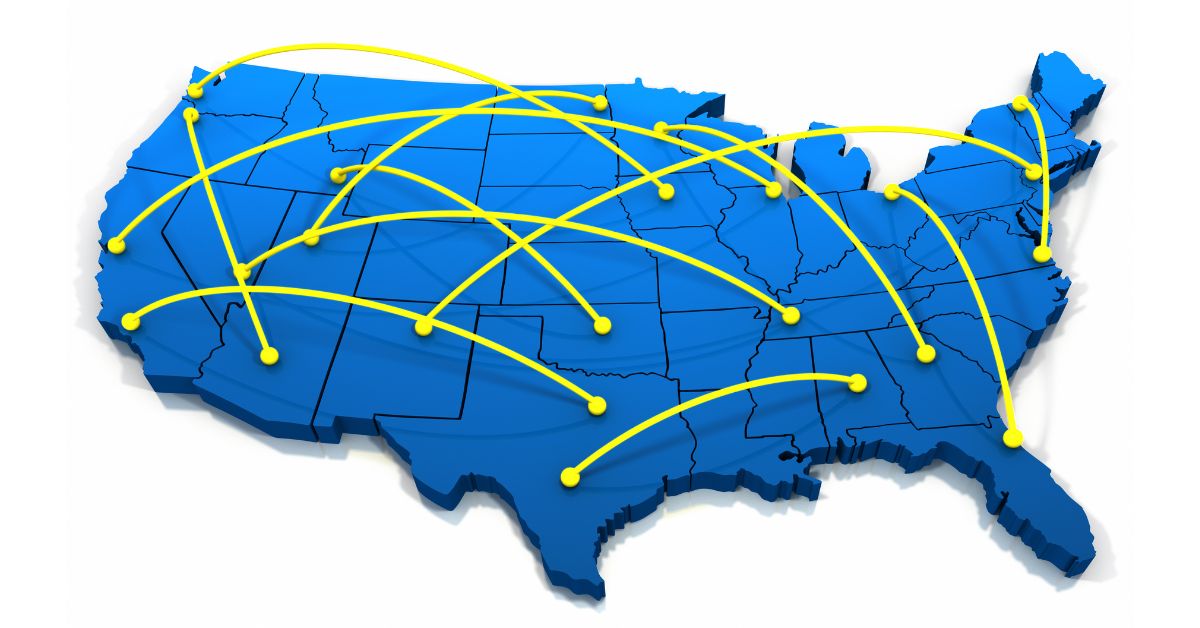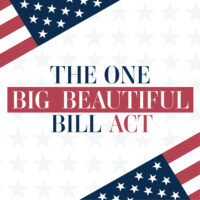
Over the years there have been various proposals to modify PL 86-272 enacted in 1959, to address income tax nexus for companies that only sell tangible personal property. Proposals usually call for expanding the application of this rule beyond sellers of tangible personal property and perhaps to taxes other than income taxes. See, for example, HR 3063, Business Activity Tax Simplification Act of 2019 (116th Congress).
The key premise of PL 86-272 is that a state may not impose income tax obligations on a company selling tangible personal property if the only activity in the state is solicitation of orders that are approved and shipped from outside of the state. The public law doesn’t define solicitation of orders.
There was recent activity, including a provision in the House passed version of the OBBBA, to modify PL 86-272. But it was not included in the Senate version of the bill or the final bill. Will it return in another tax bill or standalone legislation? Perhaps.
HR 427 in the 119th Congress includes this House OBBBA provision. The change involves adding a definition of “solicitation of orders” that is broader than defined by the U.S. Supreme Court since 1992 when the decided Wisconsin Dep’t of Revenue v William Wrigley, Jr., Co., 505 US 214. Here is the additional term proposed to be added to PL 86-272:
Proposed addition to PL 86-272:
(d) For purposes of this section—
(1) The term “independent contractor” means a commission agent, broker, or other independent contractor who is engaged in selling, or soliciting orders for the sale of, tangible personal property for more than one principal and who holds himself out as such in the regular course of his business activities.
(2) The term “representative” does not include an independent contractor.
(3) The term “solicitation of orders” means any business activity that facilitates the solicitation of orders even if that activity may also serve some independently valuable business function apart from solicitation.
Likely the proposal ties to a new interpretation of PL 86-272 by the Multistate Tax Commission in 2021 to consider our digital era that did not exist when this law was enacted in 1959. It might also be aiming to provide greater clarity per recent court cases such as Uline, Inc. v. CIR Minnesota, No. 9435-R (Tax Court, 6/23/23). In this case, sales reps prepared some sales notes and market news notes and helped with a few product returns. This market research was found to be beyond mere solicitation of orders. There were some other activities going on including job fairs in MN.
Query: Why was this multistate provision in the House OBBBA bill but not in the Senate or final bill? Possibly it was dropped since it doesn’t directly involve federal revenues, so did not meet the requirements for a budget reconciliation bill.
Should this change make its way into another federal bill this year?
This topic will also be covered at the upcoming October 23 webinar, Basics of Nexus: Understanding State Tax Issues.
Original article published August 10, 2025. Reprinted here with permission.
By Annette Nellen
Director & Tax Professor, MS Taxation Program
San Jose State University




